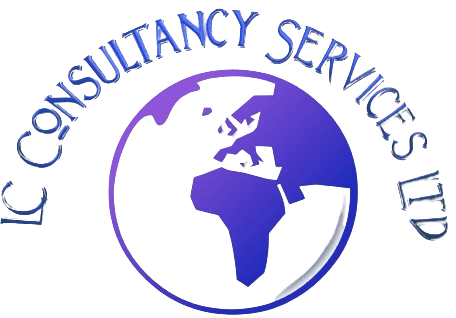
Method Development and Validation: Ensuring Accuracy in Testing and Calibration

Posted on 1 April, 2024
In today’s rapidly advancing technological landscape, the need for precise and accurate testing and calibration methods has never been more critical. At LC Consultancy Services LTD, based in Sheffield and operating globally, we specialise in Quality & Technical Consultancy, offering unparalleled expertise in method development and validation. This blog post delves into the importance of these processes and how they serve as the cornerstone of reliability in testing and calibration.
The Importance of Method Development
Method development in the laboratory setting is a systematic process aimed at devising procedures that are both reliable and repeatable for testing and calibration. This meticulous process is foundational for laboratories striving to meet the stringent requirements of regulatory standards and achieve high-quality outcomes.
Tailoring Methods to Business Needs
Customising methods to fit specific business needs is essential. It begins with a thorough assessment of the laboratory's or business's objectives, the nature of the samples to be tested or calibrated, and the precision level required by the end-users or regulatory bodies. This tailored approach ensures that the developed methods are not only compliant with international standards, such as ISO/IEC 17025, but are also aligned with the client's operational goals, thereby enhancing efficiency and productivity.
The Process of Method Validation
Following the development of a method, validation is crucial. It's the process that confirms if the methods are fit for their intended use, providing confidence in the accuracy and reliability of the results produced.
Method validation is particularly critical for laboratories seeking accreditation under ISO/IEC 17025. This process demonstrates a laboratory's capability to produce dependable and precise results, making it a cornerstone of the accreditation process. Our consultancy assists laboratories in navigating this complex validation process, ensuring that all procedures meet the rigorous criteria set by this international standard.
Components of Effective Method Validation
A comprehensive validation process evaluates several key components of a method:
- Specificity assesses whether the method accurately measures the intended analyte without interference from other substances.
- Sensitivity determines the method's ability to detect and quantify the lowest levels of the analyte.
- Repeatability examines the method's precision under the same operating conditions over a short interval.
- Reproducibility evaluates the method's performance under varied conditions, including different laboratories, analysts, and instruments.
Addressing these components ensures the developed method is robust, reliable, and adaptable to different scenarios, thereby reinforcing the validity of the testing or calibration results.
Navigating Challenges in Validation
The validation process can present various challenges, such as matrix effects or the stability of the analytes. Overcoming these challenges requires not only an in-depth understanding of the method and the matrix but also expertise in modifying the method or the sample preparation to mitigate these effects. Our team possesses the necessary expertise to address these challenges effectively, ensuring a smooth validation process.
Continuous Improvement and Technical Support
Our commitment extends beyond initial method development and validation. We believe in the power of continuous improvement and provide ongoing technical support to address any challenges that arise as standards evolve or as new technologies become available.
Continuous improvement involves regular reviews and updates to methods, ensuring they remain aligned with current best practices and regulatory requirements. This proactive approach is vital in maintaining the integrity of the testing or calibration outcomes and in fostering a culture of excellence within the laboratory.
Training and Quality Control
To complement our method development and validation services, we offer comprehensive training programs. These are designed to equip laboratory personnel with the knowledge and skills necessary to implement, maintain, and enhance testing and calibration methods effectively.
Quality Management Training
Our training sessions cover the fundamentals of quality management, focusing on the critical aspects of method development and validation. These sessions are tailored to ensure that all laboratory personnel understand their role in maintaining the accuracy and reliability of the laboratory's outputs.
Conclusion
Method development and validation are critical processes that ensure the accuracy and reliability of testing and calibration in laboratories. At LC Consultancy Services LTD, we pride ourselves on our expertise in these areas, supporting our clients through every step of the process. Our commitment to quality, compliance, and continuous improvement makes us the ideal partner for laboratories aiming to achieve and maintain the highest standards of excellence.
If your laboratory is seeking to enhance its testing and calibration methods, or if you require assistance with any aspect of method development and validation, please do not hesitate to get in touch with us at [email protected]. Our team of experts is ready to support you in achieving unparalleled accuracy and reliability in your laboratory operations.
Connect With Us
Reach out for expert guidance on quality systems and laboratory excellence. Let's elevate your operations together. Contact us now.
Contact Us
Send us an email
[email protected]